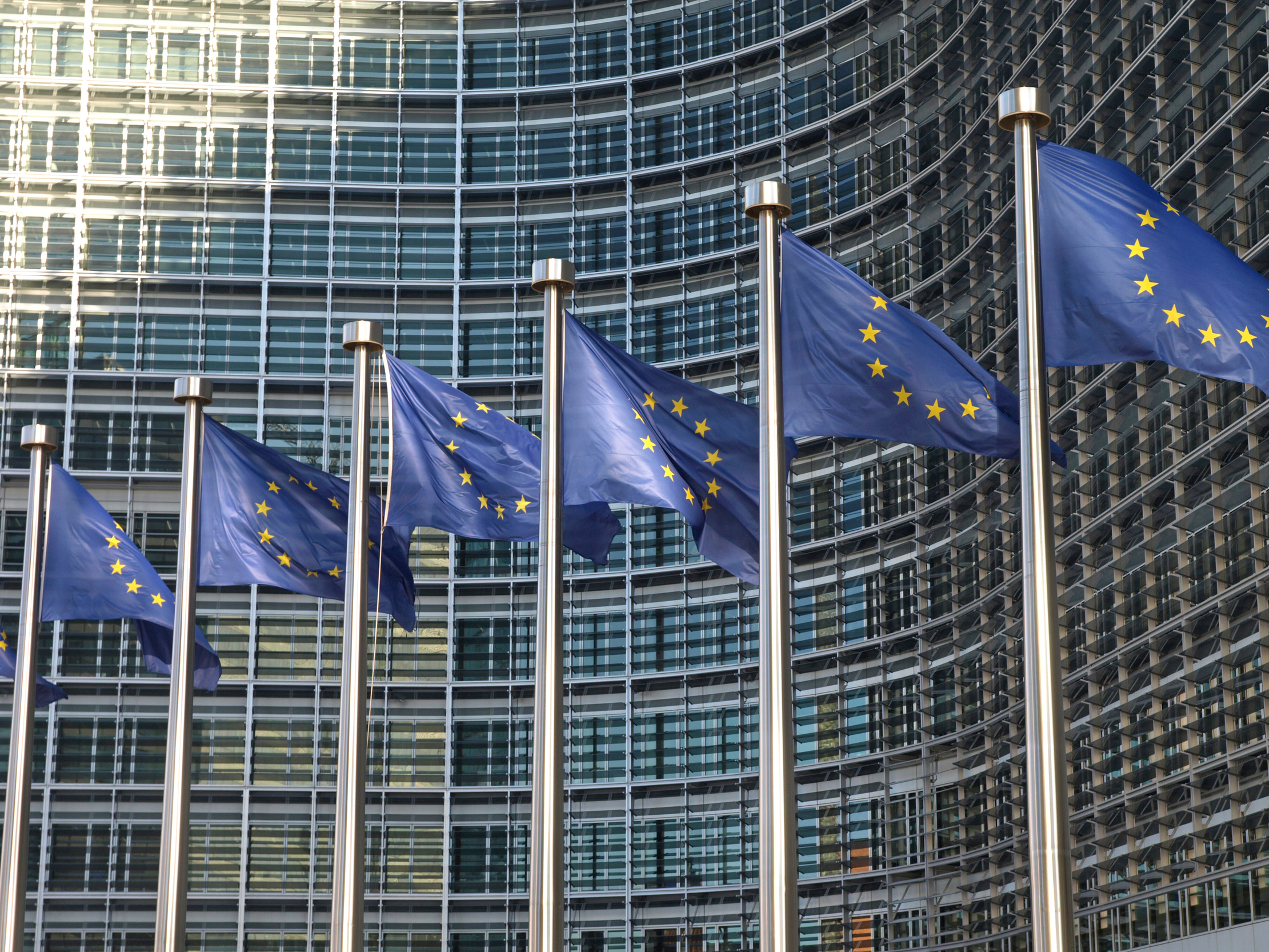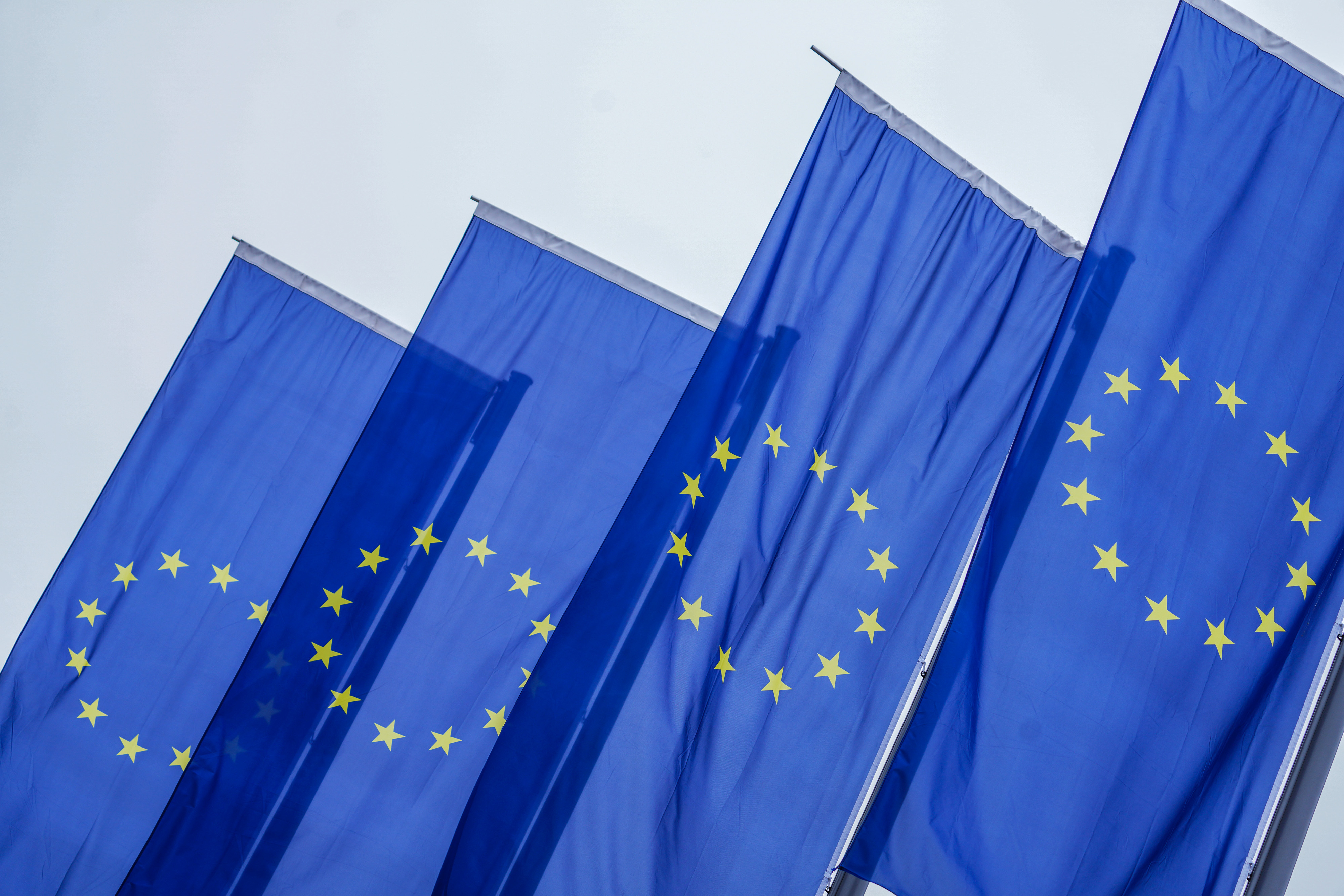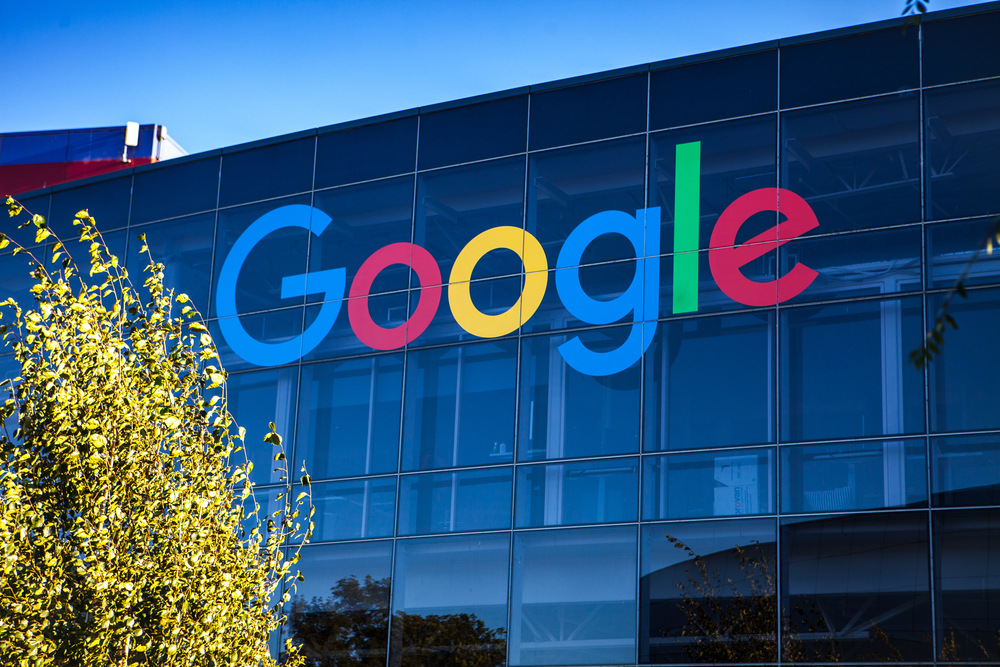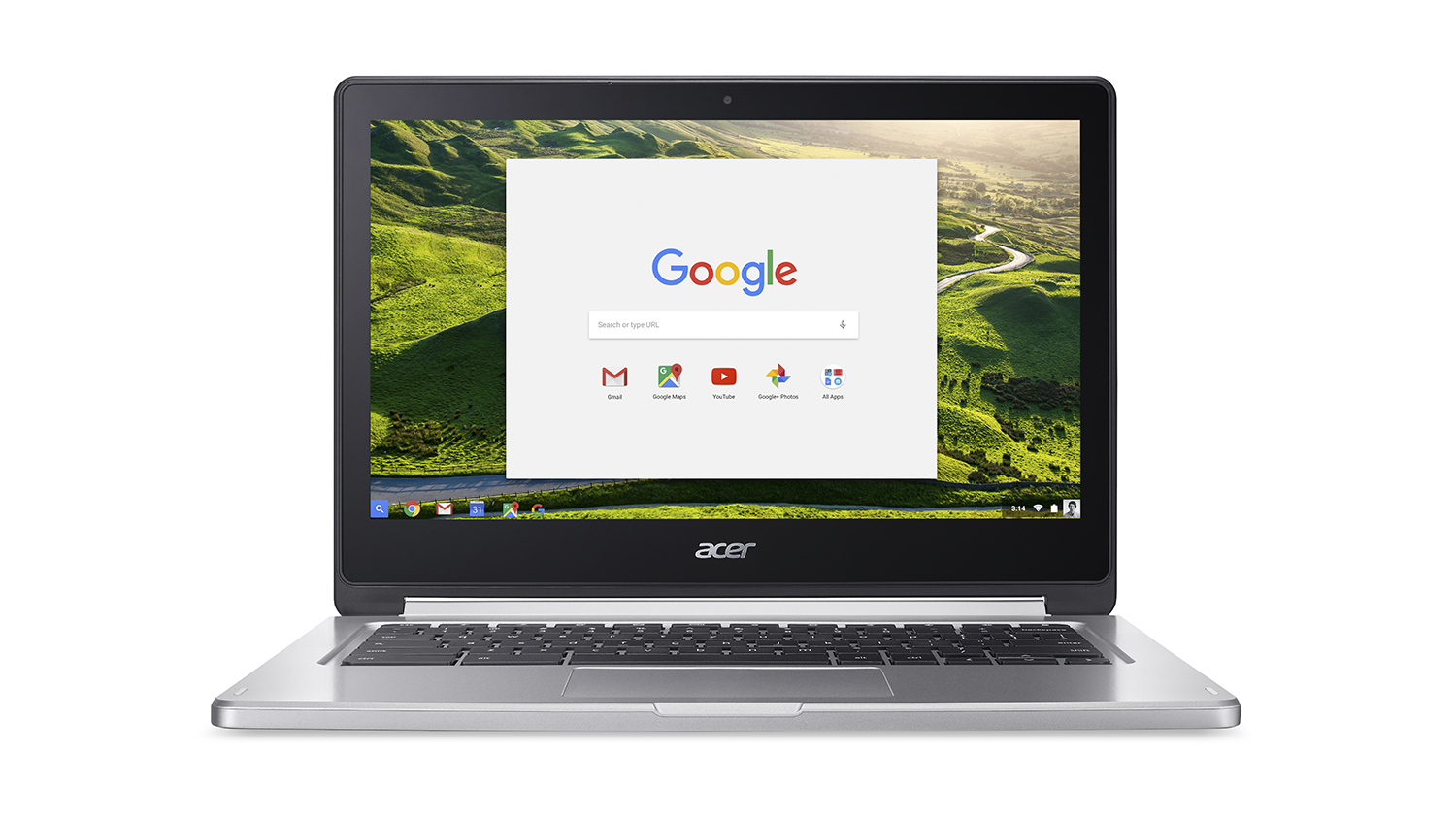£130 million Google-UK tax deal could be squashed by EU
SNP and Labor question terms of perceived low-rate deal


Google's 130 million UK tax deal could be crushed by the EU following complaints suggesting the arrangement amounts to special treatment.
Both the Labour Party and Scottish National Party (SNP) appealed to the European Union's Competition Commissioner, Margarethe Vestager, to investigate the terms of the deal and determine if it was unfair.
Vestager said she would be willing to investigate the 130 million settlement, which covers a period of 10 years and allegedly amounts to just three per cent tax.
Vestager told BBC Radio 4's Today programme: "If we find there is something to be concerned about, if someone writes to us and says this maybe not as it should be, then we will take a look.
Stewart Hosie, deputy leader of the SNP, said the fact little is known about how the 130 million figure was reached is of greatest concern.
"The truth is we know very little about the settlement reached between the tax authorities and the company. These discussions have taken place in private; little detail has been revealed by the Treasury and the methodologies employed by HMRC are shrouded in Secrecy," Hosie said.
"The only way to put these ... issues beyond doubt is to refer the settlement to the European Commissioner for Examination; a commissioner who is independent of the UK Government and who has a reputation for pursuing tax transparency," he added.
Get the ITPro daily newsletter
Sign up today and you will receive a free copy of our Future Focus 2025 report - the leading guidance on AI, cybersecurity and other IT challenges as per 700+ senior executives
The arrangement is also set to be scrutinised by the Commons Public Accounts Committee, which is the hold a session on corporate tax deals on 11 February. Matt Brittin, head of Google Europe, plus three senior representatives of HMRC, will give evidence. The National Audit Office is also understood to be considering a call by Labour to carry out a formal probe into the matter.
The tax contributions of large tech multinationals have been a cause of controversy for many years, particularly since the 2007/08 global economic downturn and European Commission is currently investigating tax agreements between Apple and Ireland.
The EU does have precident for quashing so-called sweetheart deals, ruling they amount to illegal state aid for the companies in question. Belgium has recently been ordered to collect an additional 700 million from 35 companies, and in October overruled private settlements reached between Starbucks and the Netherlands and Fiat Chrysler in Luxembourg.
Nevertheless, both Chancellor George Osborne and Google insist that the deal is fair and appropriate.
Peter Barron, a Google spokesman, said the company complied with UK tax law, paying corporation tax at the standard 20 per cent rate.
Osborne meanwhile, told Sky News: "When I became Chancellor, Google paid no tax. Now Google is paying tax and I have introduced a new thing called a diverted profits tax to make sure they pay tax in the future. I regard that as a major success."

Jane McCallion is Managing Editor of ITPro and ChannelPro, specializing in data centers, enterprise IT infrastructure, and cybersecurity. Before becoming Managing Editor, she held the role of Deputy Editor and, prior to that, Features Editor, managing a pool of freelance and internal writers, while continuing to specialize in enterprise IT infrastructure, and business strategy.
Prior to joining ITPro, Jane was a freelance business journalist writing as both Jane McCallion and Jane Bordenave for titles such as European CEO, World Finance, and Business Excellence Magazine.
-
 Open source advocates "cautiously optimistic" about Cyber Resilience Act after industry pushback prompts changes
Open source advocates "cautiously optimistic" about Cyber Resilience Act after industry pushback prompts changesNews Amendments to the Cyber Resilience Act in December curtailed the potential impact on open source developers in the region, an industry body has said
By Solomon Klappholz
-
 Reprieve for open source industry as agreement reached on Cyber Resilience Act
Reprieve for open source industry as agreement reached on Cyber Resilience ActNews The Cyber Resilience Act has been maligned by open source advocates across Europe
By Ross Kelly
-
 What's the EU's problem with open source?
What's the EU's problem with open source?Analysis The open source community has raised concerns about a raft of new regulatory changes in the EU in recent months
By Ross Kelly
-
 EU Cyber Resilience Act a ‘death knell’ for open source software, critics warn
EU Cyber Resilience Act a ‘death knell’ for open source software, critics warnNews Critics of the act claim that requirements for open source software usage could severely impact the community
By Ross Kelly
-
 Swedish privacy concerns result in fines over Google Analytics
Swedish privacy concerns result in fines over Google AnalyticsNews Swedish privacy authority ordered companies to stop using the ubiquitous web traffic analysis tool, in line with recent EU rulings
By Richard Speed
-
 Google settles tax payment in Ireland
Google settles tax payment in IrelandNews Company makes settlement for back tax and interest payments
By Danny Bradbury
-
 Researcher says criticising Google cost him his job
Researcher says criticising Google cost him his jobNews Barry Lynn sets up new group to address platform monopolies after being pushed out at Google-funded New America
By Nicole Kobie
-
 US may intervene in Apple's €13 billion EU tax appeal
US may intervene in Apple's €13 billion EU tax appealNews Report - Trump administration wants to involve itself with Apple's Irish tax case
By Zach Marzouk

